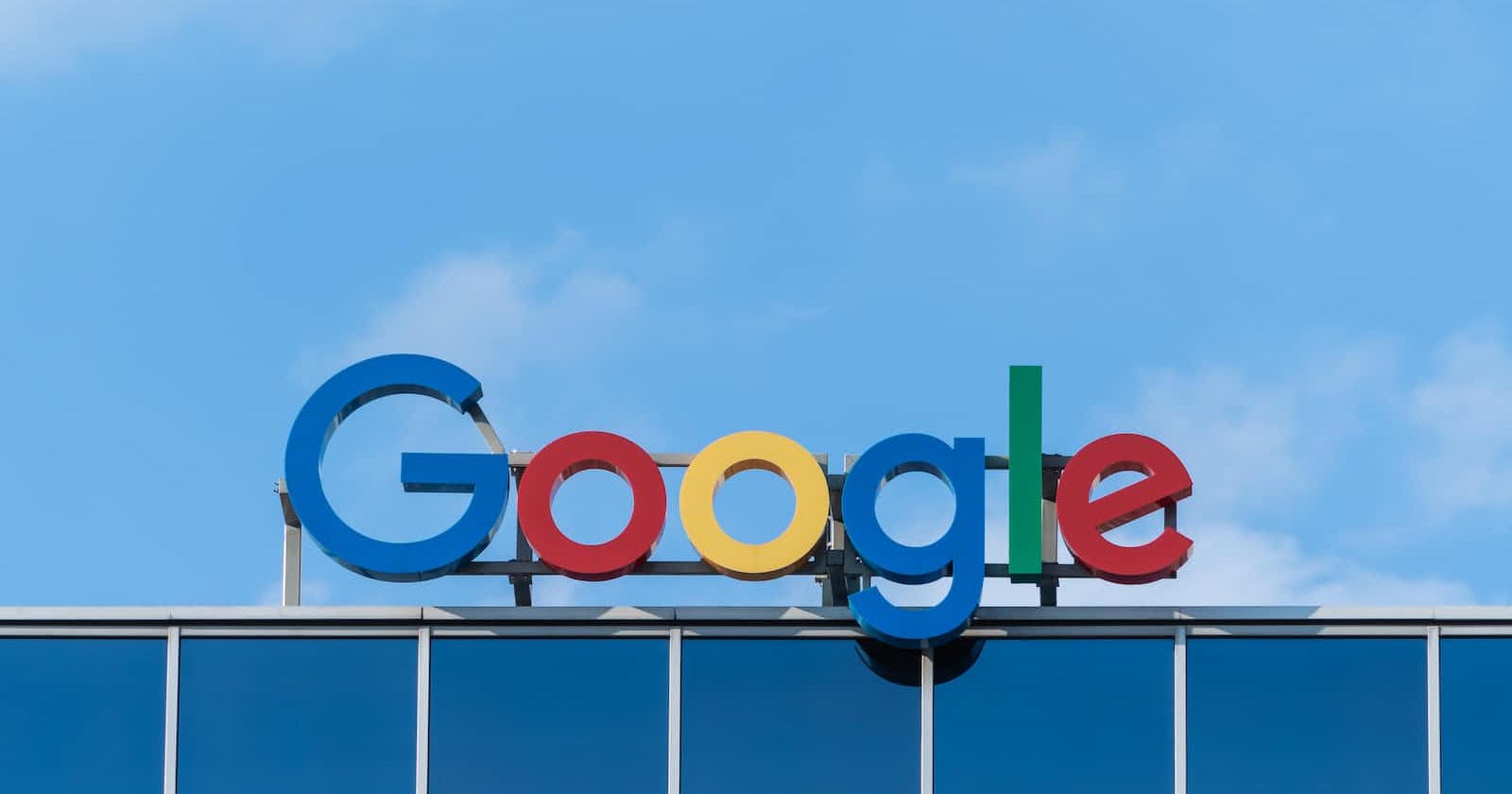Google has once again made headlines with their latest announcement, "Google I/O 2023", where they released a whopping nine AI products at once. This has left many people in awe and has raised questions about the direction Google is taking with their AI technology.
Let's take a closer look at some of the products that were unveiled.
PaLM 2 is Google's new foundation model, which is trained on 100 natural languages and 20 programming languages. This model has improved support for writing and debugging code and is expected to be a game-changer for programmers worldwide.
BARD, powered by PaLM 2, has also made a huge leap forward. This language model is now available in English in over 180 countries, and Google Lens integration has been added for multi-modal support. The addition of coding execution capabilities in Colab and Replit, along with integration with Adobe Firefly, means that BARD is now a highly versatile and functional language model.
Google Search has been given a makeover with the addition of generative AI to the traditional search experience for both text and image. This new feature, termed "Search Labs," is currently available only in the US, but it's sure to revolutionize how people search for information online.
Workspace has also received an update, with automatic table generation in Sheets and image creation in Slides and Meet. Writing helper support for Gmail and Docs is also included. And to top it all off, Bard interface addition to Docs is coming in the future, making the process of writing documents even more accessible.
Codey is Google's new coding assistant, which is a direct competitor to Github Copilot. Powered by PaLM 2, Codey works for general coding queries as well as Google cloud services. It currently supports Go, Java, Javascript, Python, and SQL, making it one of the most versatile coding assistants on the market.
Google Cloud has also gotten an upgrade, with the introduction of a new A3 supercomputer virtual machine. This is powered by 8 NVIDIA H100 GPUs and 4th Gen Intel Xeon Scalable processors, making it one of the most powerful computing systems available.
Vertex AI, another product from Google, has introduced the AI Training Reduction Server for bandwidth optimization for distributed training. Tabular Workflows have also been added for greater customizability, and Imagen, Google's Text-To-Image AI model, is now supported.
All of these new products from Google are sure to make waves in the tech industry. It's clear that Google is investing heavily in AI technology, and these new products are a testament to their commitment to innovation. The release of nine AI products at once is unprecedented, and it will be interesting to see how they develop in the future.


